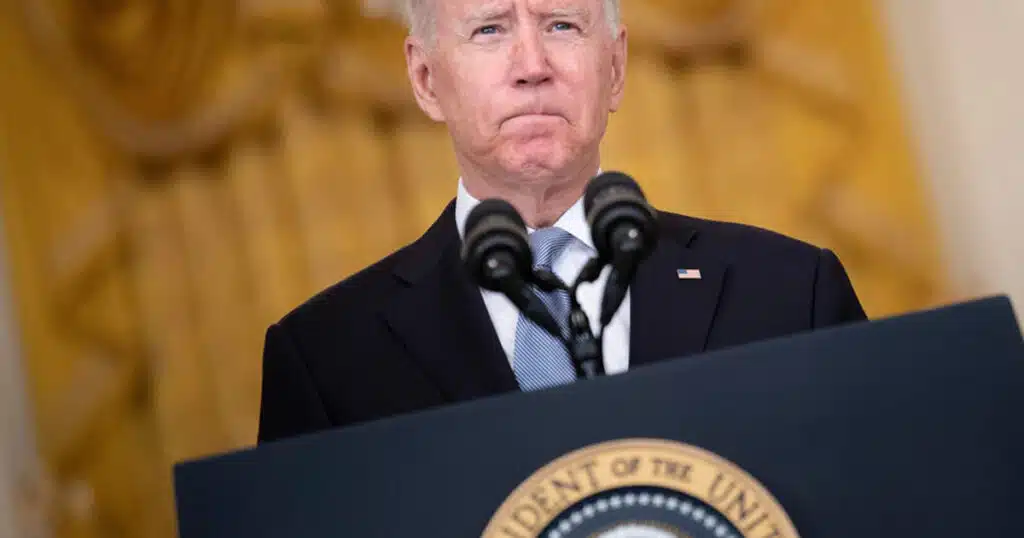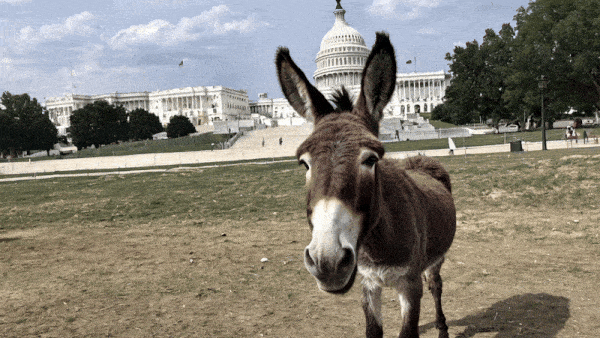
America Sleepwalks Into War with Russia
The United States and its NATO allies are slowly drifting into a war against Russia. The Biden administration and some of our NATO allies, while feigning caution and prudence, have gradually increased their involvement in Ukraine’s war effort. Some Western strategists talk of defeating Russia and forcing Vladimir Putin from power, even trying him as a war criminal. Victory, they say, is just around the corner as along as we continue to arm Ukraine.
I’m reminded of a memorable scene in the movie Nicholas and Alexandra. Russia’s generals and politicians are confidently planning the mobilization of millions of troops against Germany on a huge table-size map. Against the advice of elder statesman Count Sergei Witte (brilliantly played by Sir Laurence Olivier), Tsar Nicholas II orders a general mobilization. Witte, old and gray, slumps in his chair and softly repeats the word “madness.”
Witte had convinced the Tsar in 1905 to negotiate an end to the Russo-Japanese War that was driving Russia to revolution. If Russia mobilized in late July 1914, Germany, France and England would mobilize, too. “Nobody will be able to stop,” warned Witte. And when Witte senses that the Tsar and his generals are not listening to him, he prophetically warns: “None of you will be here when this war ends. Everything we fought for will be lost. Everything we love will be broken […] Tradition, virtue, restraint—they all go […] And the world will be full of fanatics and trivial fools.”
Historians still debate the causes and origins of World War I. George Kennan traced the origins of what an earlier generation called the “Great War” to the end of German Chancellor Bismarck’s European order and the “fateful alliance” between Russia and France. Robert Massie pointed to Germany’s naval challenge to Great Britain. Still others, such as German historian Fritz Fischer, blamed Germany’s hegemonic ambitions. More recently, British historian Christopher Clark argued that Europe’s statesmen “sleepwalked” into the war.
This topic has assumed relevance today as the United States and NATO get closer and closer to co-belligerent status with Ukraine. Newsweek reports that 12 NATO countries, including the United States and Germany, have agreed to supply more tanks to Ukraine. The Biden administration will send 31 M1 Abrams tanks, while Germany is sending 14 of its Leopard 2 tanks. Ukraine’s ambassador to France said that Western countries have agreed to supply Ukraine with 321 tanks. Russia called this latest move a “blatant provocation” and more evidence of “direct involvement” in the war by Western powers.
Despite the seriousness of these decisions, some Western observers are acting like Russia’s generals in the lead-up to World War I. The Guardian columnist Martin Kettle claims that the new tanks will give Ukraine “a military advantage” that could transform the war to Ukraine’s favor. The new weapons, he asserts, have the potential to “put Kyiv in a position to dictate ceasefire and peace terms to Moscow.” The Economist opines that sending Ukraine tanks and long-range missiles will enable it to “withstand the next Russian offensive and to take back the territory that is theirs.” American war hawk Max Boot is confident that the supply of tanks will enable Ukraine to mount a “successful offensive” and to take back its territory. Boot asserts that the tanks along with long-range rockets and advanced fighter planes supplied by the West will “determine the course of the war.” Jeffrey Cimmino and Shelby Magid of the Atlantic Council urge NATO to speed-up production and delivery of even more weapons systems to help Ukraine defeat Russia and integrate Ukraine in Western institutions.
Which leads me to ask: Where are the American Count Witte’s? There don’t seem to be any in the Biden administration. Secretary of State Antony Blinken and Defense Secretary Lloyd Austin are all in for co-belligerency in order to preserve the “rules-based international order.” It was Kennan who warned in 1997 that NATO expansion would revive the worst aspects of Russian nationalist and imperialist traditions. That same year, in an open letter to then-President Bill Clinton, a large group of elder statesmen, including Paul Nitze, Fred Ikle, Robert Bowie, Arthur Hartman, Gordon Humphrey, Stansfield Turner, Edward Luttwak, Richard Pipes, and Sam Nunn, voiced opposition to NATO expansion. Former U.S. Ambassador to the Soviet Union Jack Matlock agreed with this sentiment and has urged the U.S. to press for a ceasefire in the war. International relations scholar John Mearsheimer has provided Witte-like warnings about the risks of catastrophic escalation in the Ukraine war. The American Conservative’s Douglas Macgregor and the CATO Institute’s Doug Bandow have written eloquently about the dangers of escalation and the need to avoid greater U.S. and Western involvement in the war.
But these modern-day Witte’s are all outsiders. They are not even on the fringes of power like elder-statesman Witte was in 1914. And Witte failed. Are there any Democratic Party elder statesmen who will rise to this challenge? If not, it may soon be too late.
Bismarck, who waged brief wars to unify Germany between 1864 and 1871, and worked thereafter to establish a structure of peace in Europe, lamented that some damn fool thing in the Balkans would ignite the next big war. And once his steady hand was removed from the scene in 1890, the structure of European peace gradually but inexorably fell apart. The result was the cataclysmic First World War that set into motion the Bolshevik seizure of power in Russia and the spread of communism, the rise of Hitler in Germany, the Second World War and the Cold War. That sequence of events made the 20th century history’s bloodiest.
Afghanistan and Iraq should have taught us that wars sometimes generate their own momentum. The prognostications of the proponents of war usually fall apart once the fighting starts. Clausewitz called it “friction.” Edward Luttwak calls it the “paradoxical logic of strategy.” The statesmen of Europe who sent their countries to war in the summer of 1914 thought the fighting would be over by Christmas. Four years later, both sides had used poison gas, more than 10 million were dead, three empires collapsed, and as Count Witte predicted, tradition, virtue and restraint went away. The United States and its NATO allies are risking a wider European war involving nuclear powers for Ukraine to take back two eastern provinces and the Crimea.
John Quincy Adams, our greatest Secretary of State, once said America “goes not abroad in search of monsters to destroy. She is the well-wisher to the freedom and independence of all. She is the champion and vindicator only of her own.” Sentiment and emotion on behalf of the Ukrainian people are no substitutes for hardheaded geopolitics.
Francis P. Sempa writes on foreign policy and geopolitics. His Best Defense columns appear at the beginning of each month.
This article was originally published by RealClearDefense and made available via RealClearWire.



